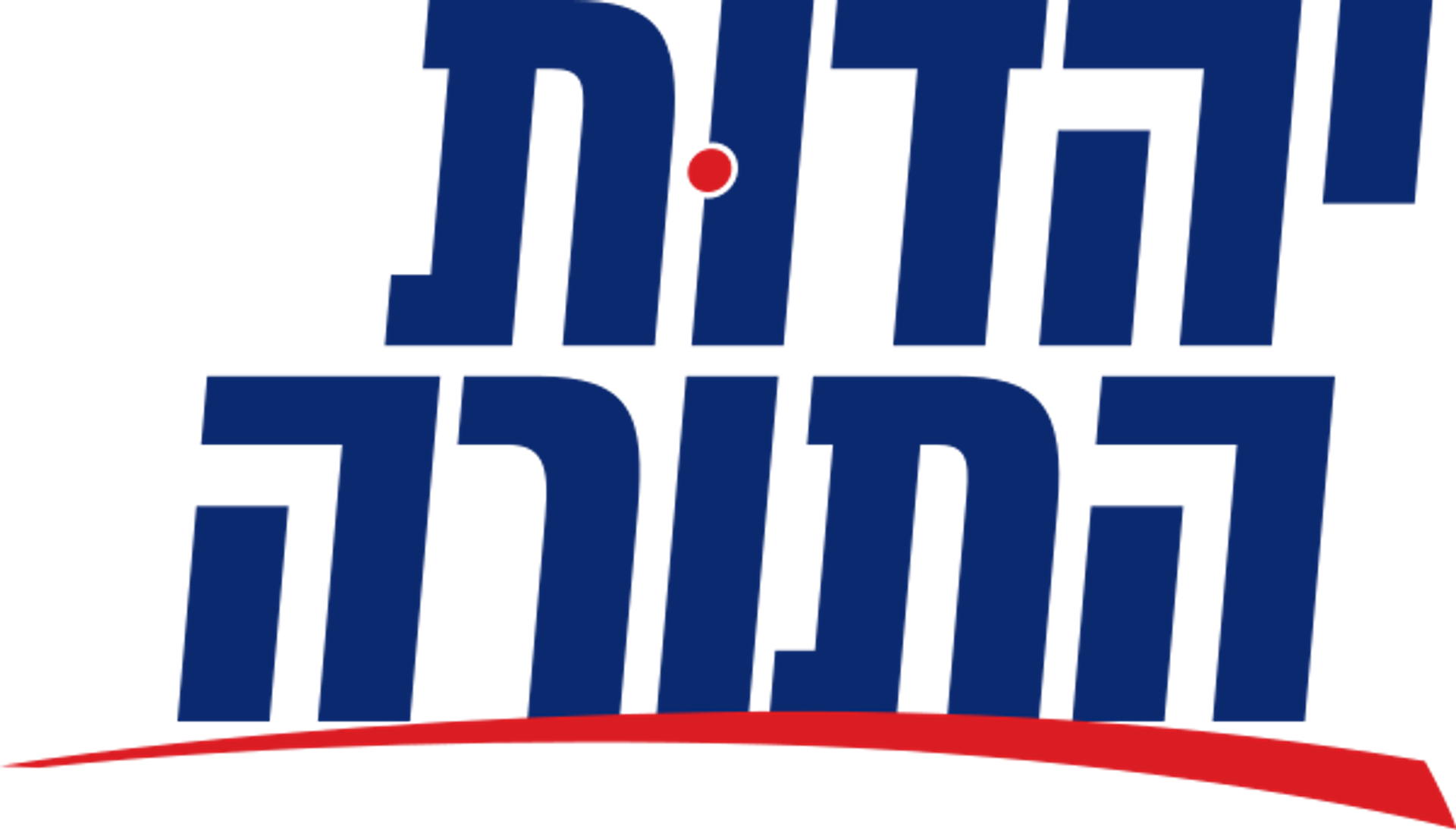
United Torah Judaism
What do people say about United Torah Judaism?
In recent media discussions, particularly on platforms like Badlands Media, United Torah Judaism is depicted in a deeply unfavorable light, associating its members with violent rhetoric and extremist behavior. The alliance's leaders are portrayed as inciting civil disobedience and threatening the stability of Israel, which amplifies negative stereotypes about the Haredi community. The language used in these discussions often veers into derogatory territory, reducing complex socio-political dynamics to mocking and sensationalist narratives. This perception is further exacerbated by extreme and controversial statements made by individuals associated with the entity, painting them as a threat to broader societal norms both in Israel and in the diaspora.
Where are the conversations happening?
The discussions from Badlands Media are especially critical, where the hosts employ derogatory language and sensationalist narratives about United Torah Judaism. The segments highlight extreme views, including threats of violence against IDF soldiers, which contribute to a negative portrayal. The podcast's all-male format and unapologetic tone further amplify the harshness of the discussions, lacking any balanced representation of the entity's views or actions.
What are the topics trending around United Torah Judaism?
Discussions around civil unrest in Israel, particularly regarding Haredi communities resisting military conscription and the implications of such actions on Israeli society.
Why are these topics trending?
The ongoing tensions over military conscription laws affecting the Haredi community are increasingly relevant, with reports of escalating protests and violent rhetoric that draw attention to the broader implications for Israeli democracy and societal cohesion.
How is United Torah Judaism being talked about?
Detailed breakdown of public sentiment and conversations about this political party.
Impact vs Sentiment
See how each entity's high impact percentage relates to their positive sentiment percentage from actual mentions.
